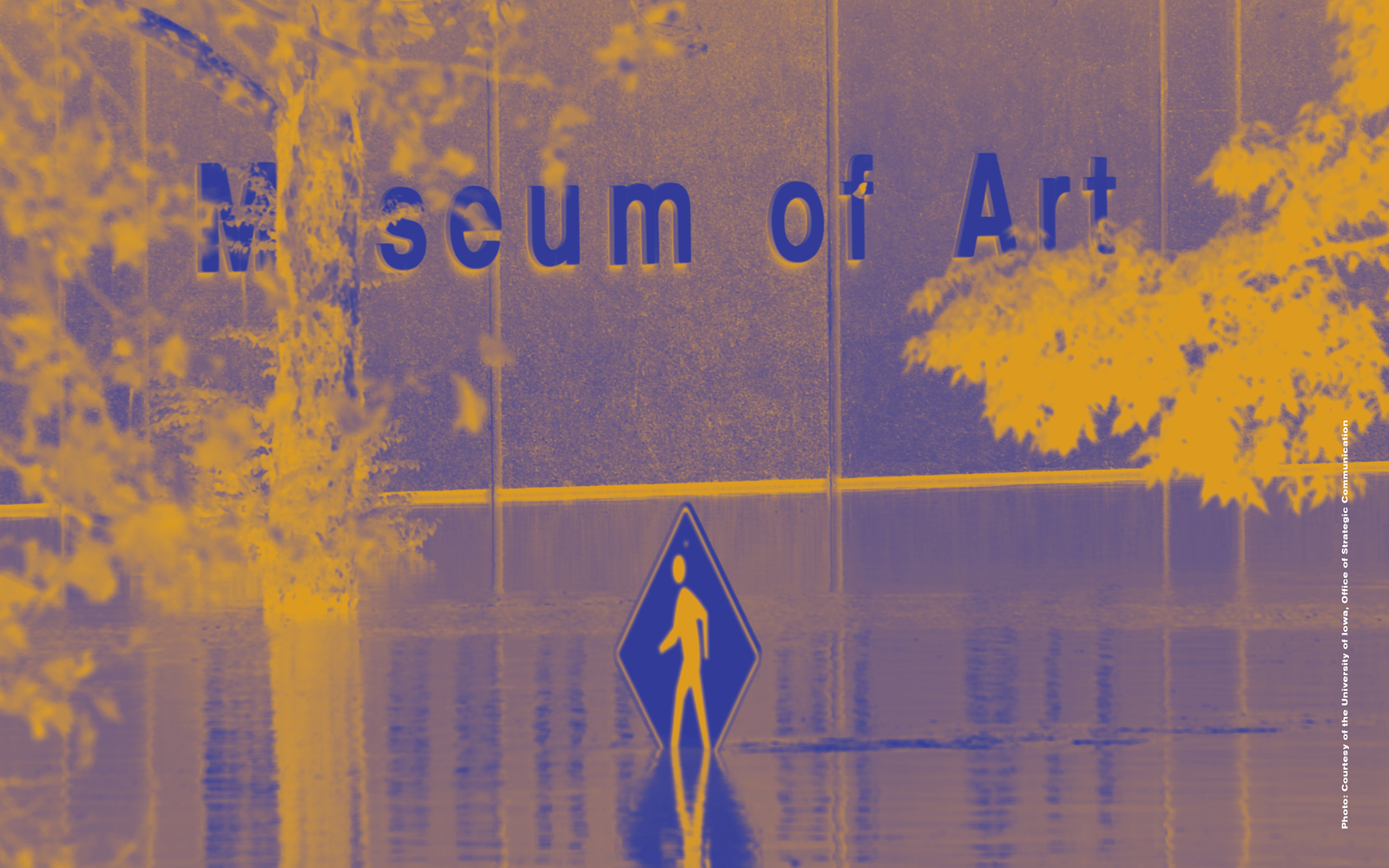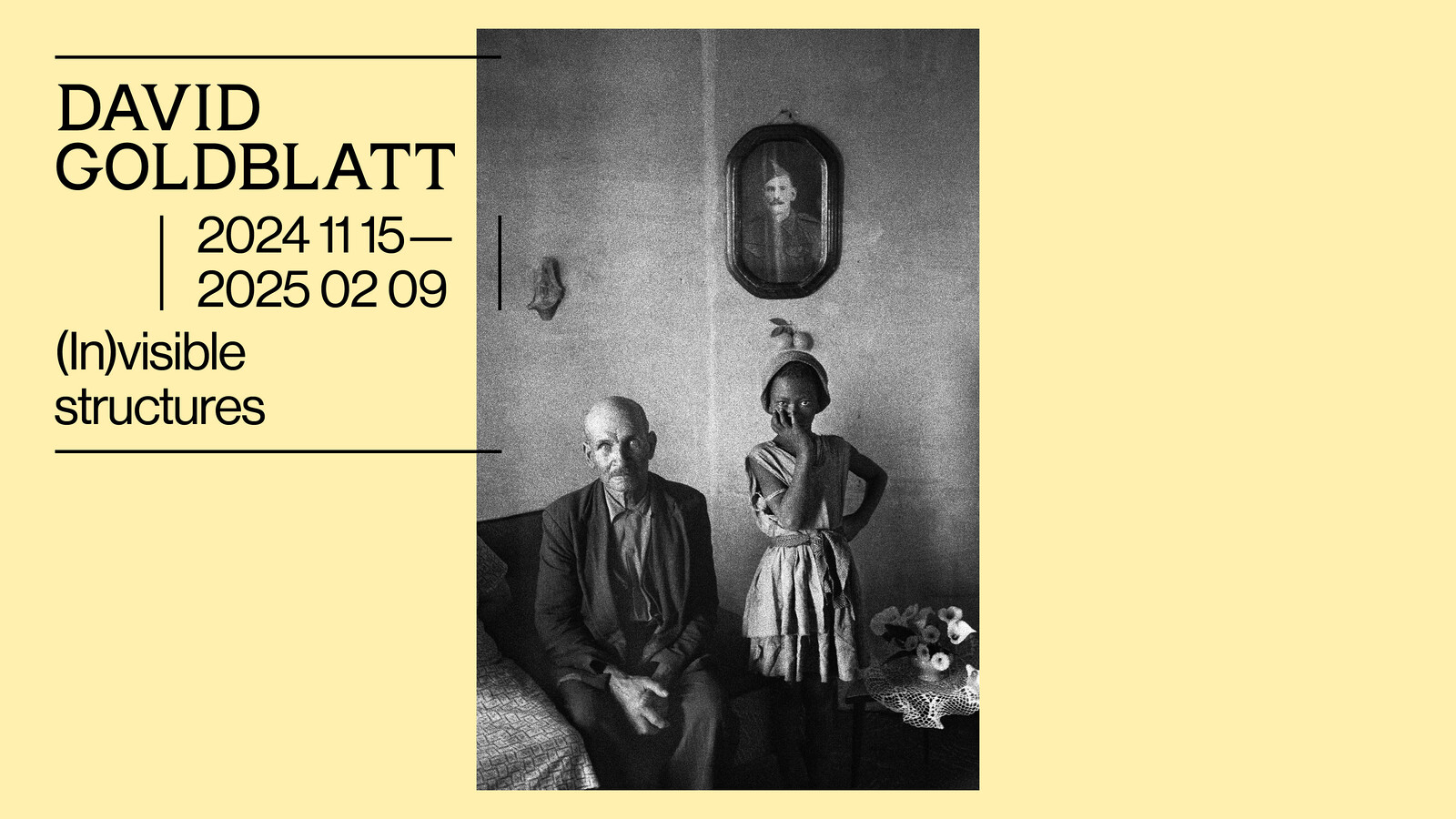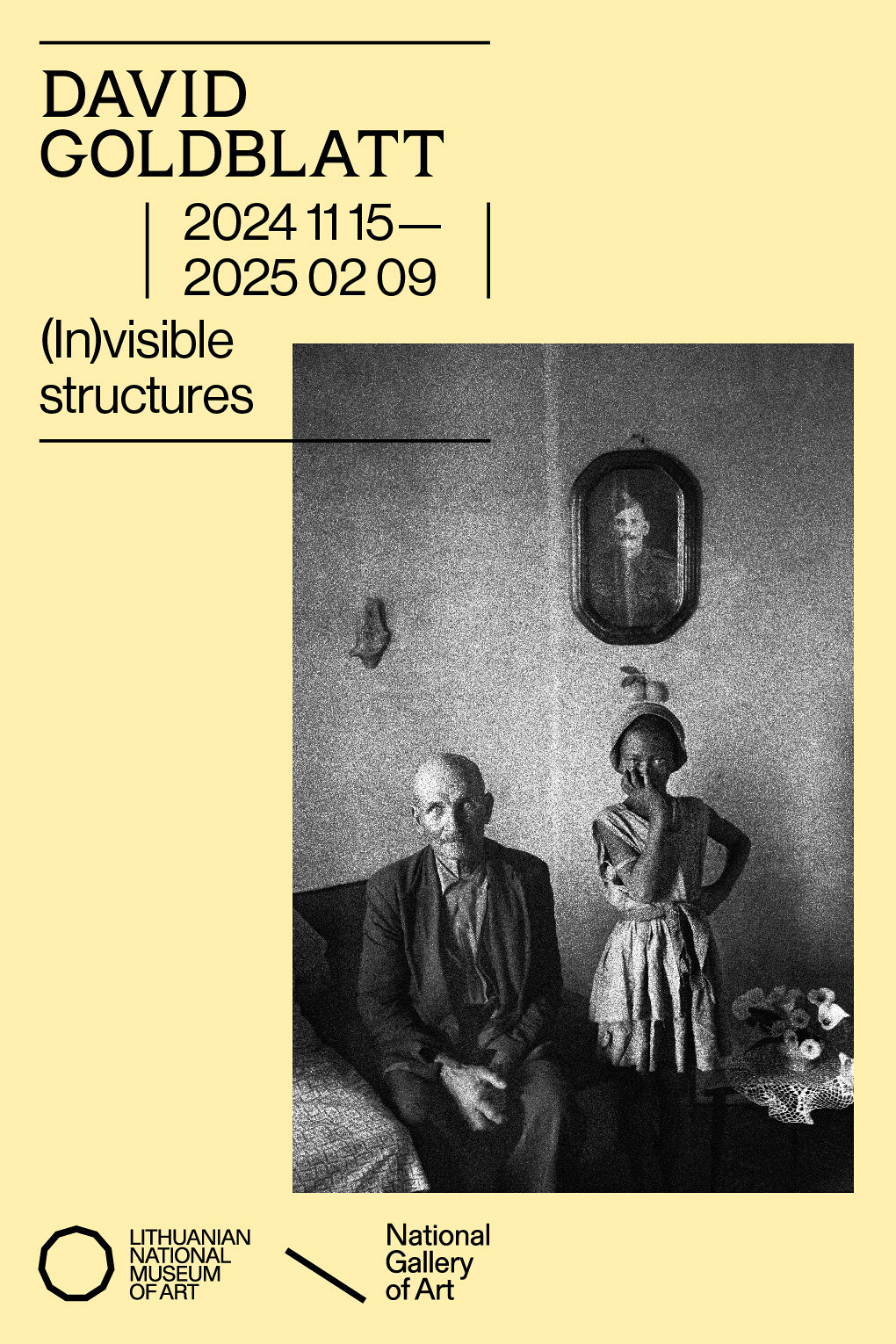The discussion about the relevance of museums is omnipresent in many societies. ZKM is now placing the debate in the context of global crises. As a kickoff to a series of conversations, the online conference Art Institutions in the Age of Existential Risks: What to Do? hosts international experts from art, society and science to explore together whether art and culture could play a key role in solving these existential crises.
Watch the online conference here.
With Ille Gebeshuber, Parag Khanna, Sonia Lawson, Max Hollein, Irini Mirena Papadimitriou, Laura Raicovich, Peter Weibel, and Siegfried Zielinski.
We live in times of existential global risks—whether pandemics, climate crisis or social inequalities. The arts and culture sector, its institutions and actors are also affected: the COVID-19 virus has just shown how endangered culture is in times of crisis.
Conversely, art and culture can play a key role in generating and negotiating ideas and solutions to such crises. The art scene in transition functions as a mirror of social changes such as coming to terms with colonization, sexism, racism, xenophobia, the discrimination of minorities and other socially relevant issues. This alone results in a variety of demands and perspectives for cultural institutions, expanded by potential crises in society as a whole, such as climate change, social inequalities, global migration movements or, most recently, the COVID-19 pandemic.
Where exactly do museums and cultural institutions stand in these new, global challenges? Can they grow into their role as solution generators? And what does this mean for the social relevance of culture—does it need a renaissance?



